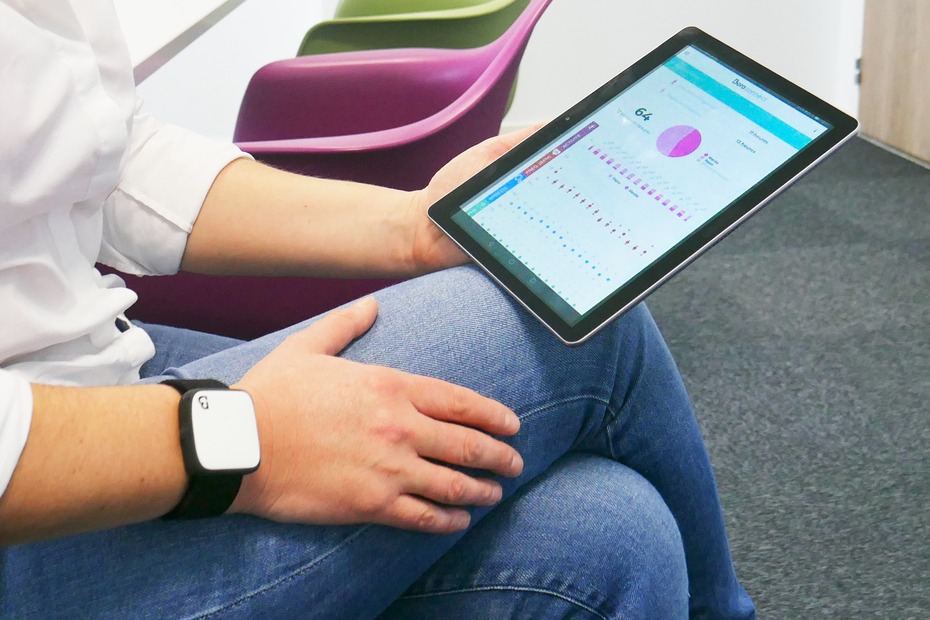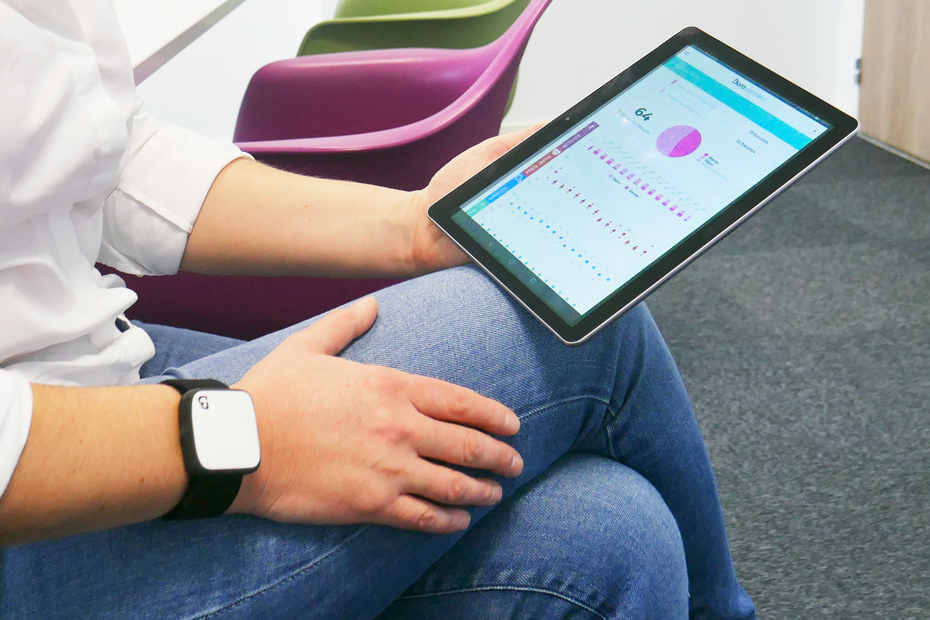Pharmageek

Une start-up bretonne a créé un bracelet connecté qui permet de télésurveiller la santé de patients Covid encore sous oxygène. Ce suivi à distance leur permet de rentrer chez eux et donc de libérer des lits à l'hôpital.
Lire l'article complet sur : france3-regions.francetvinfo.fr

Selon l'analyse des start-ups et PME wallonnes présentes au CES de Las Vegas, la téléconsultation et le partage des données médicales se sont ainsi particulièrement développées ces deux dernières années.
Lire l'article complet sur : trends.levif.be

C'est le grand embouteillage. La plateforme SI-DEP, qui sert à enregistrer et délivrer les résultats des tests pour le Covid-19, ne soutient pas la montée en charge après des fêtes marquées par une nouvelle vague épidémique, ce qui provoque des retards dans la délivrance des résultats. La Direction Générale de la Santé va multiplier par quatre ses capacités de traitement.
Lire l'article complet sur : www.usine-digitale.fr

Vidéo - Les humains meurent aujourd’hui davantage de surpoids que de malnutrition. Des chercheurs étudient comment l’obésité est devenue, en quarante ans, une autre « épidémie mondiale ».
Lire l'article complet sur : www.lemonde.fr





